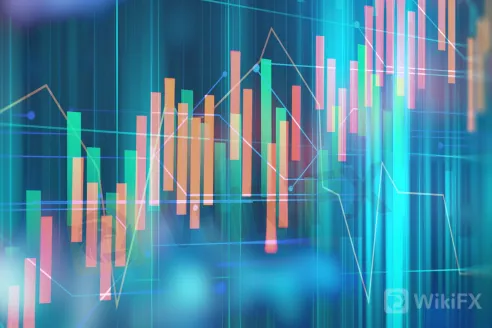简体中文
繁體中文
English
Pусский
日本語
ภาษาไทย
Tiếng Việt
Bahasa Indonesia
Español
हिन्दी
Filippiiniläinen
Français
Deutsch
Português
Türkçe
한국어
العربية
What is a Forex Spread in Trading (Part 2)
요약:Spread is one of the basic terms of forex trading and investing.
Previous part : https://cutt.ly/2jQ3Wq1

Example of spread calculation
Brokerage fees with brokers are often expressed as a spread. Spread is defined as the number of points between the buy and sell price. On the financial markets, you have always 2 prices: the buy price and the sell price:
If the price of EUR/USD pair is 1.1200-1.1201, thatll mean the spread is 1 point.
The value of the spread paid in euros depends on the size of the contract that you are trading and on the point value by contract.
In Forex, for example, the point value by contract is 10 units of the second currency (For example : US Dollar in the EUR/USD pair). In the EUR/USD pair, the point value is US $10.
If the EUR/USD spread is 0.8 points and you trade a contract, your Euro spread is US $8 (with the point value of US $10) ; If you trade 10 EUR/USD lots, your spread paid in Euros will be US $80.
Example of spread on the DAX30 (German Stock Market Index) or CAC40 (French Stock Market Index) CFD :
On a CAC40 or DAX30 CFD lot, the spread is 0.8 point. The point value is 1 euro by lot. Therefore, the spread paid for a CFD contract is 0.8 euros.
Point values and contract sizes vary at different brokers. So you'd better verify if you are comparing the same things when comparing two spreads at two different brokers.
Factors that influence the spread in trading
What factors influence the spread in trading?
- Liquidity of the underlying financial instrument
- Market conditions
- Volume that traded on a financial instrument
Spreads depend on the underlying asset. The more an asset is traded, the more liquid its market, the more players are in that market and the tighter the spreads. In less liquid markets, such as the natural gas market, the brokerage fees are much higher.
Depending on the broker's offer, you can have fixed or variable spreads. Youd know that fixed spreads are often not guaranteed by brokers during market volatility periods or macroeconomic announcements.
Spreads vary depending on market conditions : There are larger spreads during macroeconomic announcements and most brokers dont guarantee spreads during announcements and volatility periods.
If you plan to trade during the European Central Bank meeting or while the Fed is speaking, you'd not assume that the fees will be the same as usual.
(To be continued ... )
면책 성명:
본 기사의 견해는 저자의 개인적 견해일 뿐이며 본 플랫폼은 투자 권고를 하지 않습니다. 본 플랫폼은 기사 내 정보의 정확성, 완전성, 적시성을 보장하지 않으며, 개인의 기사 내 정보에 의한 손실에 대해 책임을 지지 않습니다.
WikiFX 브로커
환율 계산기


